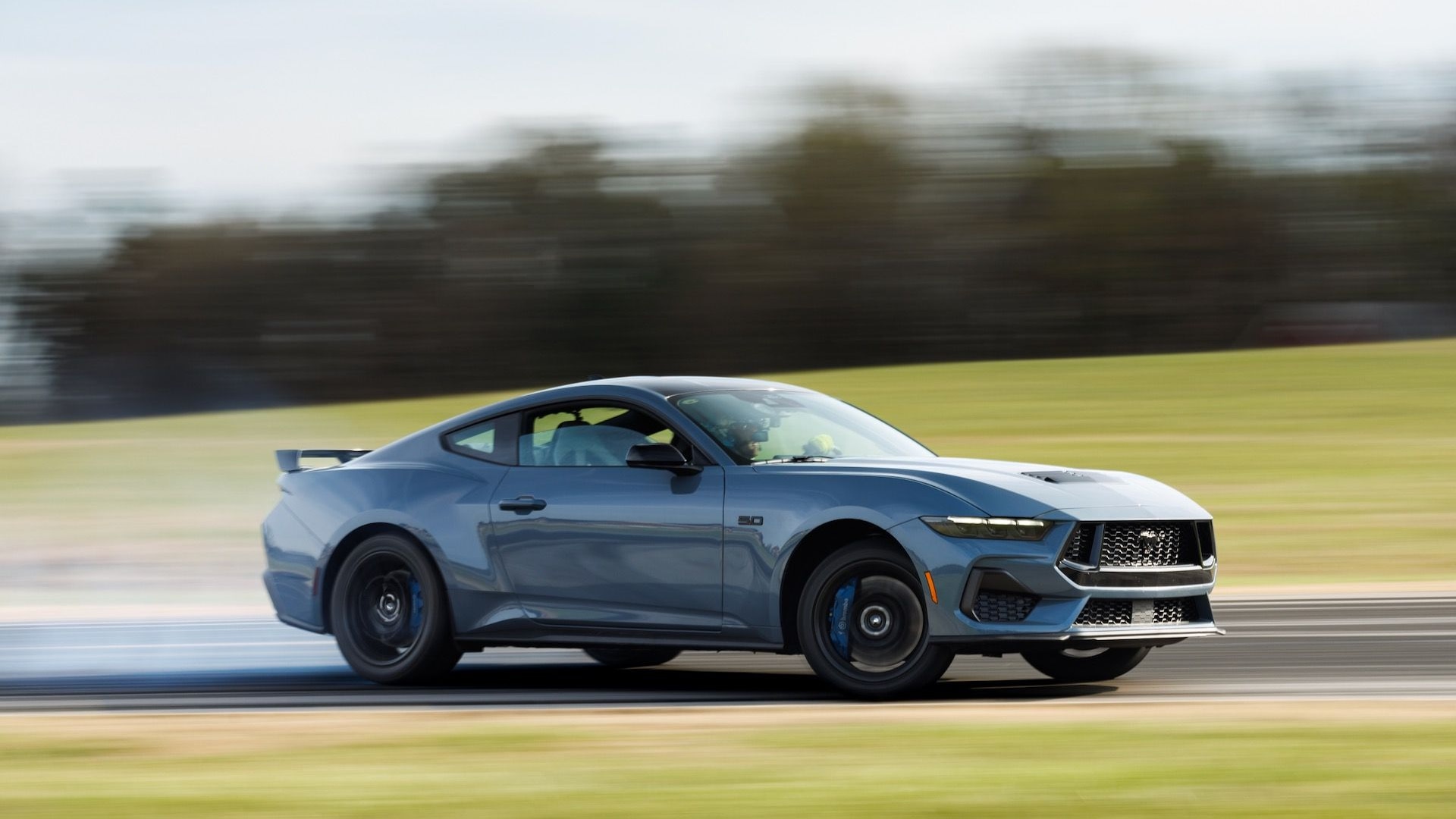Rather firing on all cylinders during steady freeway driving, the units use cylinder deactivation to save fuel when the power demand is low, shutting off the power to half the cylinders.
Volkswagen thinks the technology could be of use in smaller engines too and is introducing the world's first 4-cylinder engine with cylinder deactivaion.
The technology will be seen in Volkswagen's next generation 1.4-liter TSI engine. The current model fitted in the European-spec Volkswagen Golf manages 37.5 miles per gallon combined, or 6.2 liters per 100km. Volkswagen claims an average improvement of 0.4 liters/100km or 0.6 liters/100km when combined with stop/start technology.
In real money, that's an improvement of between 3 and 4.5 miles per gallon on average. At constant lower speeds such as in steady 30mph city traffic in 3rd or 4th gear, the improvement is up to 1 liter/100km.
As with the larger V8s with cylinder deactivation, the VW TSI engine shuts off half its four cylinders. Modern engine tolerances and engine balancing ensures that refinement doesn't suffer whilst running on only two cylinders, which happens at engine speeds between 1,400 and 4,000 on light throttle openings. This ensures the system will never cut in whilst driving with more verve, or any other situation when more engine power may be required. Volkswagen says that this still amounts to 70 percent of driving on the European economy cycle.
There's no confirmation that the system will reach models sold in the States, but as Audi is offering the system in larger engines it might not be too long before it becomes more widely available.
[Volkswagen]



